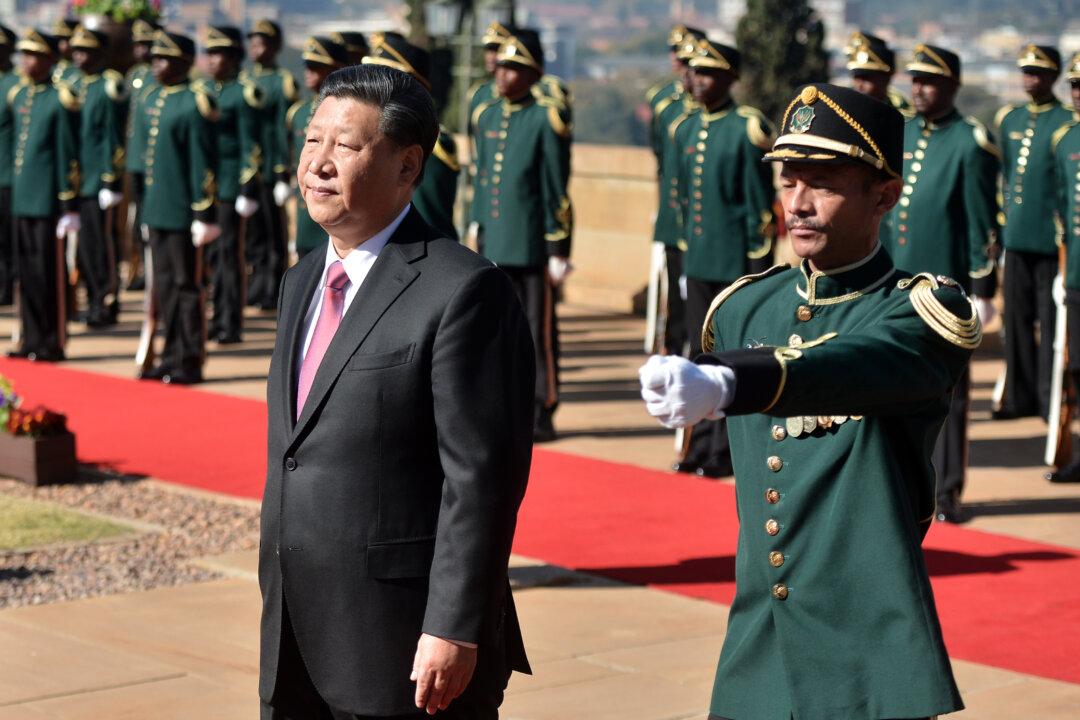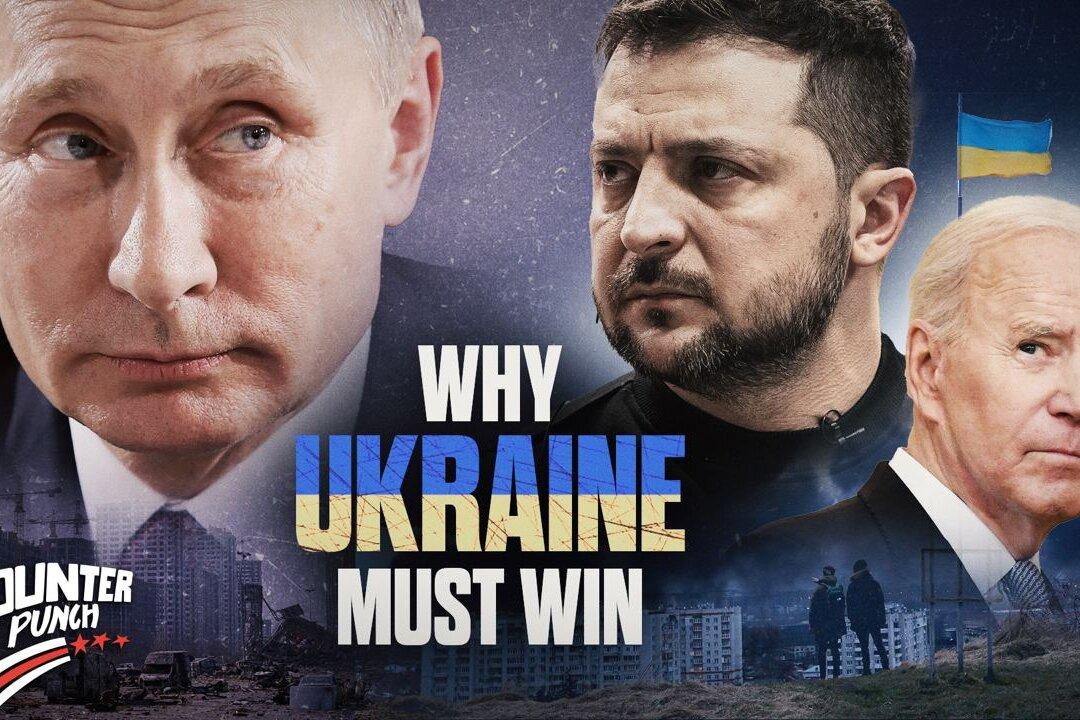The Chinese Communist Party (CCP) is tightening its grip on South Africa on many levels.
The secretary general of South Africa’s ruling African National Congress (ANC), Ace Magashule, has announced that ANC cadres will be trained by the CCP before next year’s South African general elections. The ANC will be sending around 300 cadres to the CCP’s training academy to “learn more about party discipline and loyalty.”





